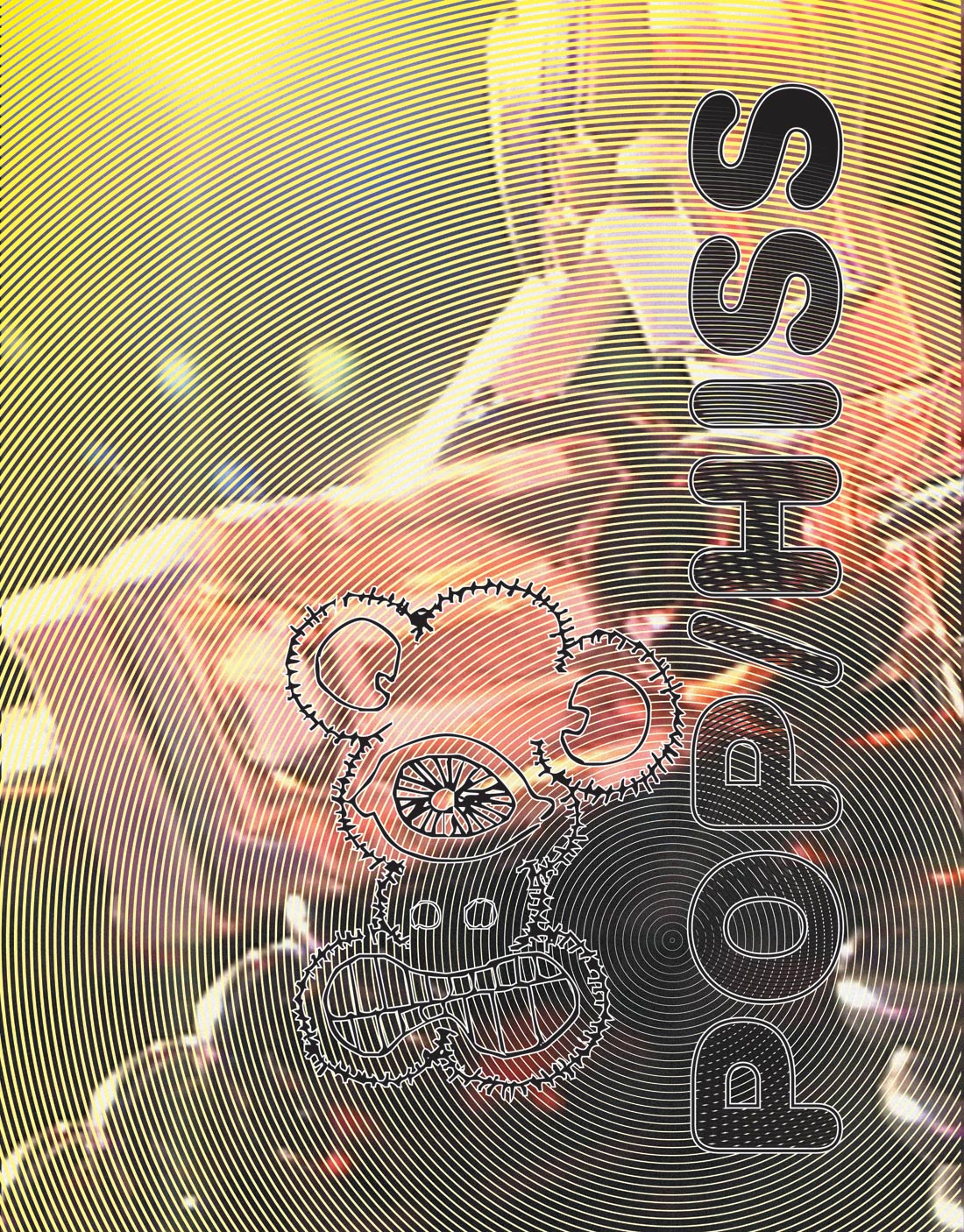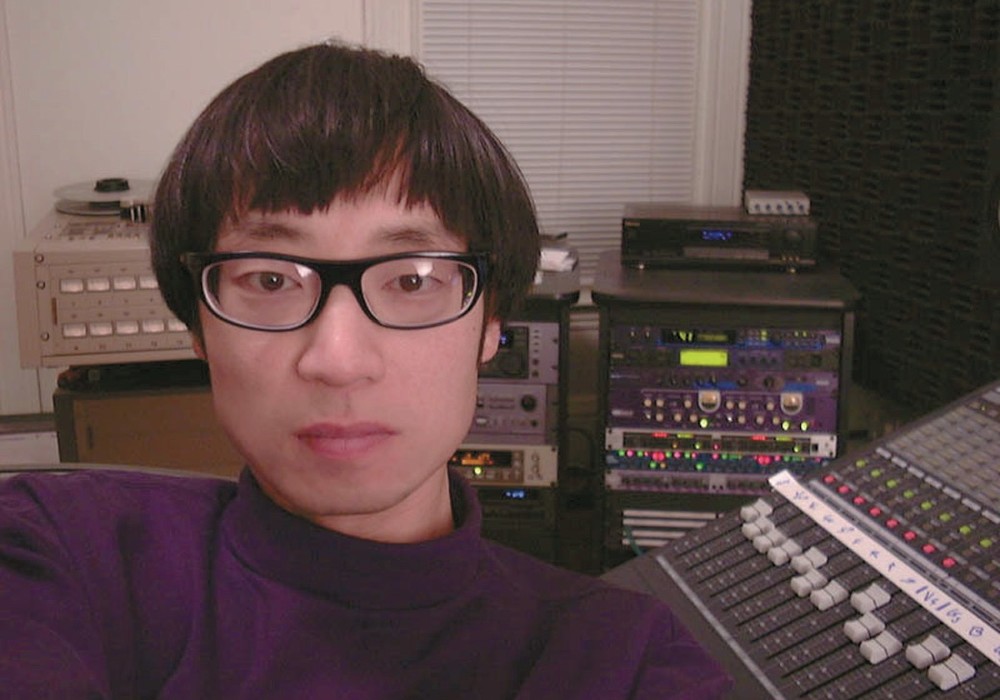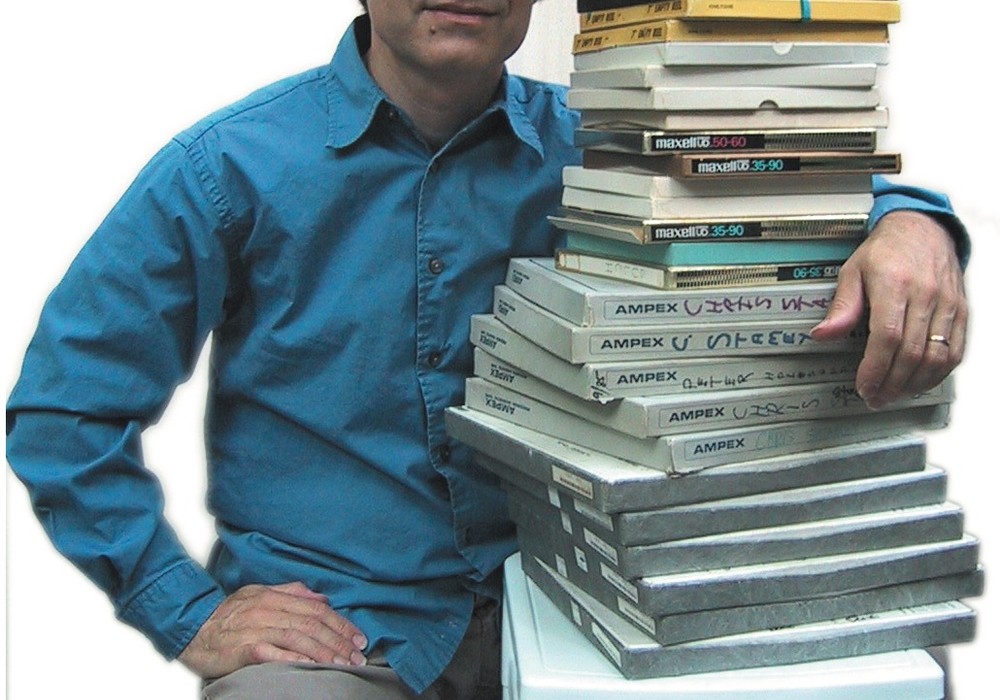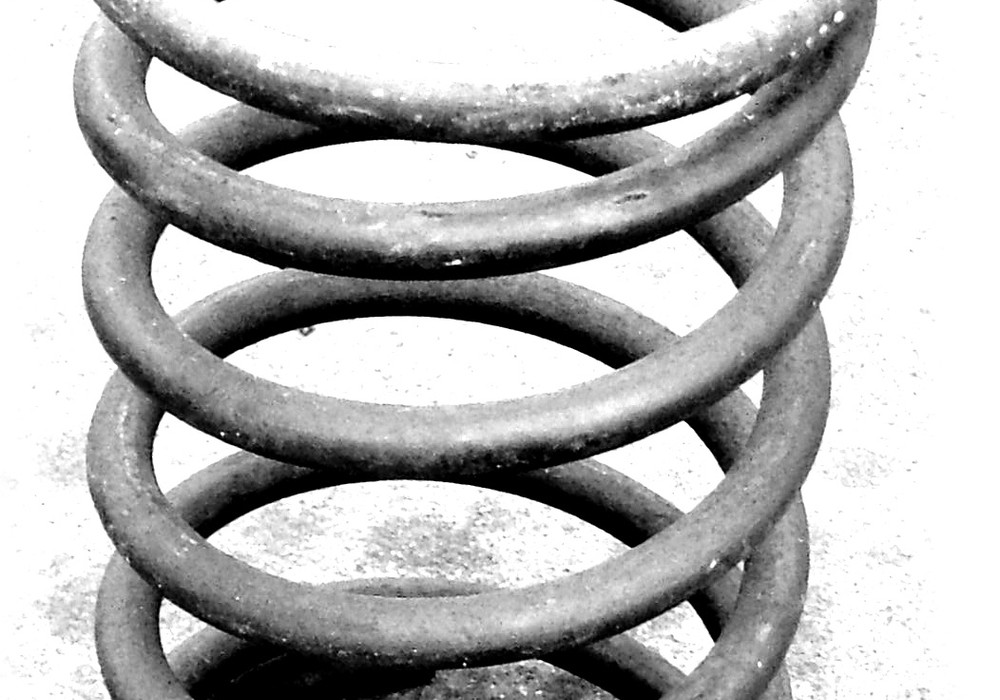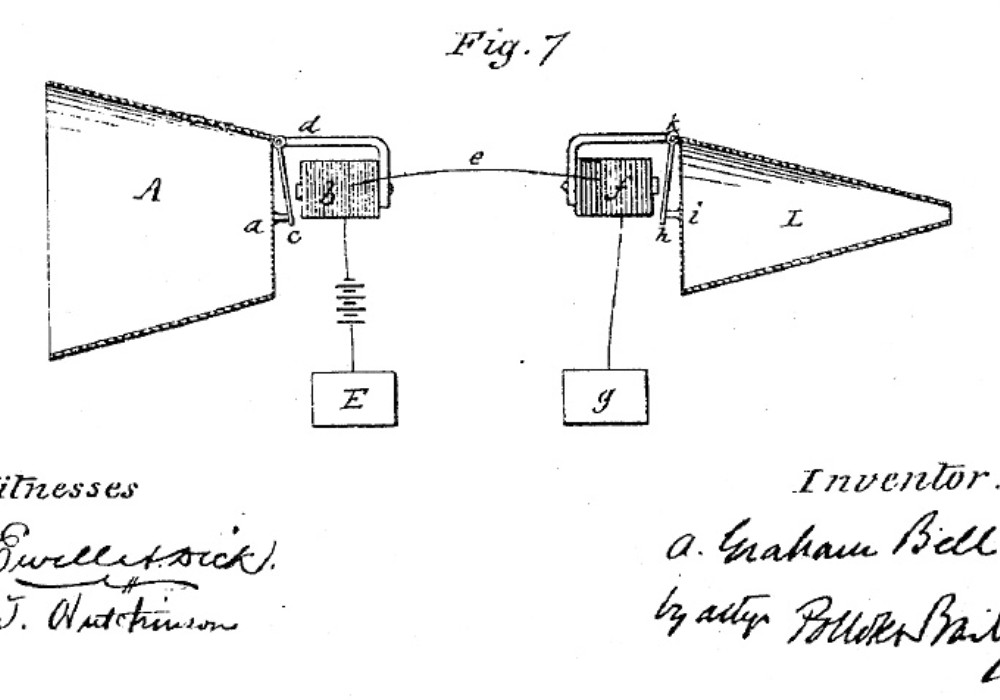As a studio owner, I get several calls and emails per week from people looking to break into the "glamorous" world of recording through interning. These people wish to gain experience in the studio, learn session routines, see records being made — and hopefully "graduate" to engineer at some point, all while usually working for free. For me, or any other studio owner/manager, it's a way to get free labor — and sometimes even train someone who will be able to pick up sessions as a freelance engineer. But becoming an intern isn't easy, and doing a great job of it is even harder.
Geoff Sanoff, now head engineer of Stratosphere Sound in New York City, had no prior experience recording but "Sony was the first place I worked and I was hired for two reasons. First because they needed people badly enough to take me and second, because by utterly blind luck I had met the guy who hired me at a friend's party two days before my interview." He was able to find a paying intern gig too, though it didn't pay much. Mike McDonald, whose "side job" is Big Toe Recording in Cleveland, OH, got in through other connections. "I got the job 'cause I worked with a gal at a pizza place and she knew the engineer and said I should come on in and meet him. That got me in the door: Pizza." Jonathan Kreinik, a freelance engineer, who's worked with Trans Am recently, got in to Cue Recording Studios in Falls Church, VA, through persistence. "[I] called and asked. And again, and after two months of asking and a couple trips down there they said come on in."
Sooner or later you might end up on the other side of the fence though. Now Geoff "hires" interns where he works. "The only people I've ever turned down were ones who were chomping at the bit to engineer and you could tell that they were just not going to have the heart or patience to be an intern regardless of their previous education. Some people are better off opening their own studio and learning the hard lessons of studio life on their own." Jonathan says, "the most important thing is that they have a car, and some parents paying their bills, while having a Machiavellian ability to see past plunging a toilet or getting food instead of producing. A good intern should have a sense of humor, a willingness to work hard, a love of music or real interest in learning the work at hand and an awareness of what their 'place' is in the studio environment." For studio owners, Bryan Bingold (who once interned under me at Jackpot! and Tape Op) advises (with a bit of paranoia), "Screen your interns. Interview them beforehand. See what music they are into, if they are musicians themselves. Most important, try to get a sense of trust with your interns before they get into the studio, and work with them for at least a year before you decide to hand keys over to them."
There are many "wonderful" chores that await an intern lucky enough to get a position at a studio. Geoff reminisces, "Basically in major studios like these, with multi-million dollar facilities, interns are a way to avoid hiring janitorial and cleaning services. I cleaned the rooms after sessions, I cleaned the bathrooms, answered phones and went on errands." Matthew Cullen got his first internship at Matrix Recording in London and remembers "cleaning toilets, cleaning the studios, making cups of tea, getting food for people, running errands, DAT to DAT copies, multitrack copies, tape library stuff and cleaning the owners car!" But sometimes the tasks were a bit more, um, unusual. "We had a huge thunder storm and the studio flooded, having to quickly take stuff out of the lower racks and build some dams to prevent the tape machines from getting wet." Matthew also had to do more than food runs for the bands. "The studio was located in London's West End, near Soho. It was a fairly common practice amongst rock bands to send me out to find the nastiest kinds of porn available. I also had to take several Japanese bands to peep/strip shows. [Also] to score various kinds of 'substances' for several well known artists." David Patterson, of Missing Link Audio Services in Knoxville, TN, remembers his stint as an intern at Battery Studio in Nashville, where he "swept, vacuumed, cleaned toilets, made coffee, cleaned the basement, repaired DI boxes, made copies, filled out track sheets, stayed the hell out of the control room when requested to do so, read the automation manuals, answered the phone, ran to get food, located the source of some mysterious RFI, advised 'producers' on how to get a simple slap...
